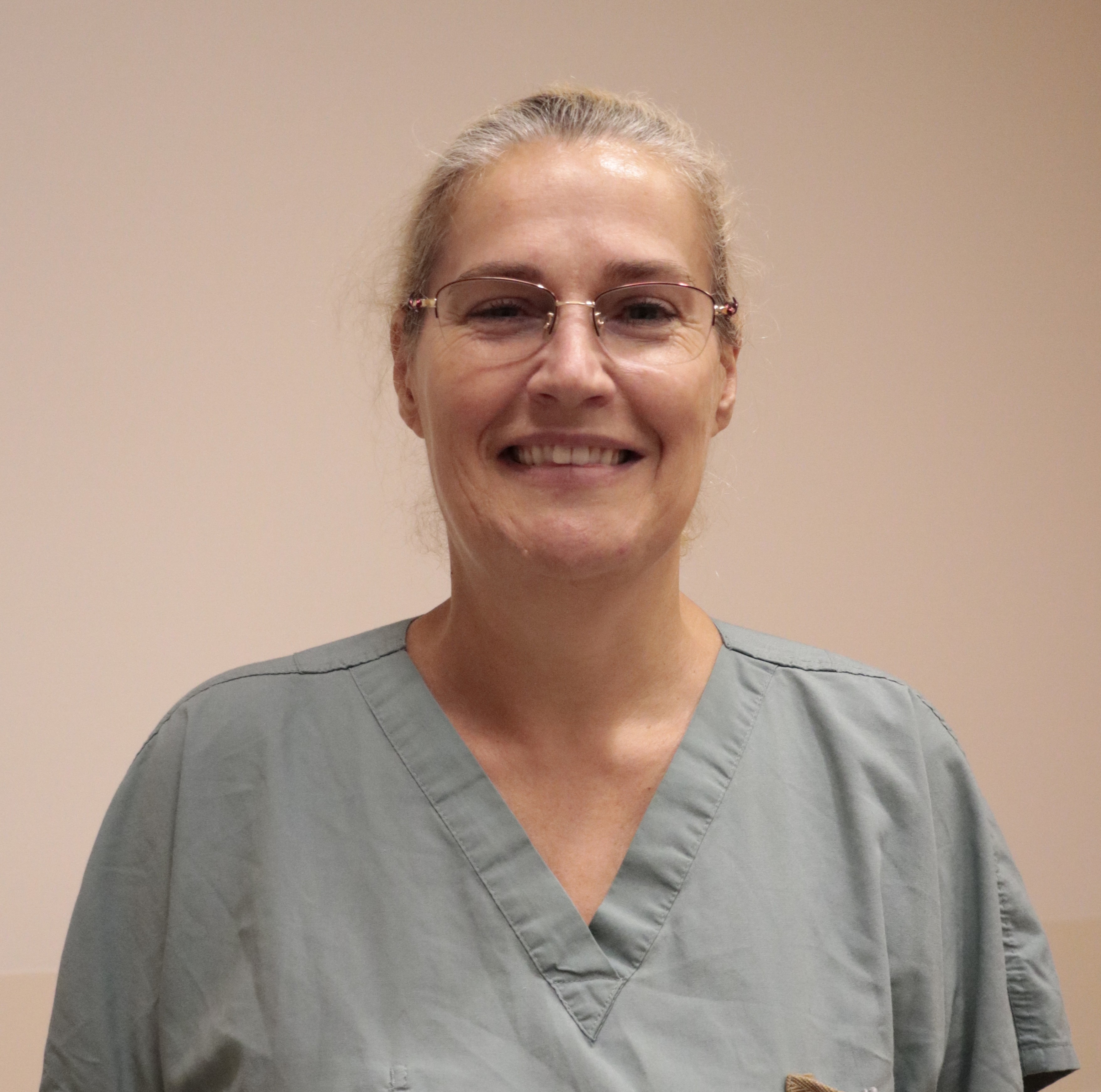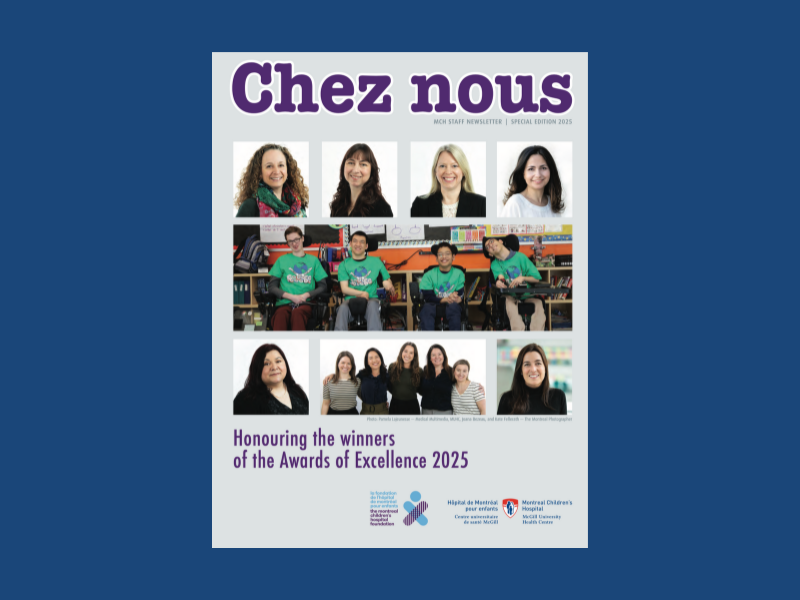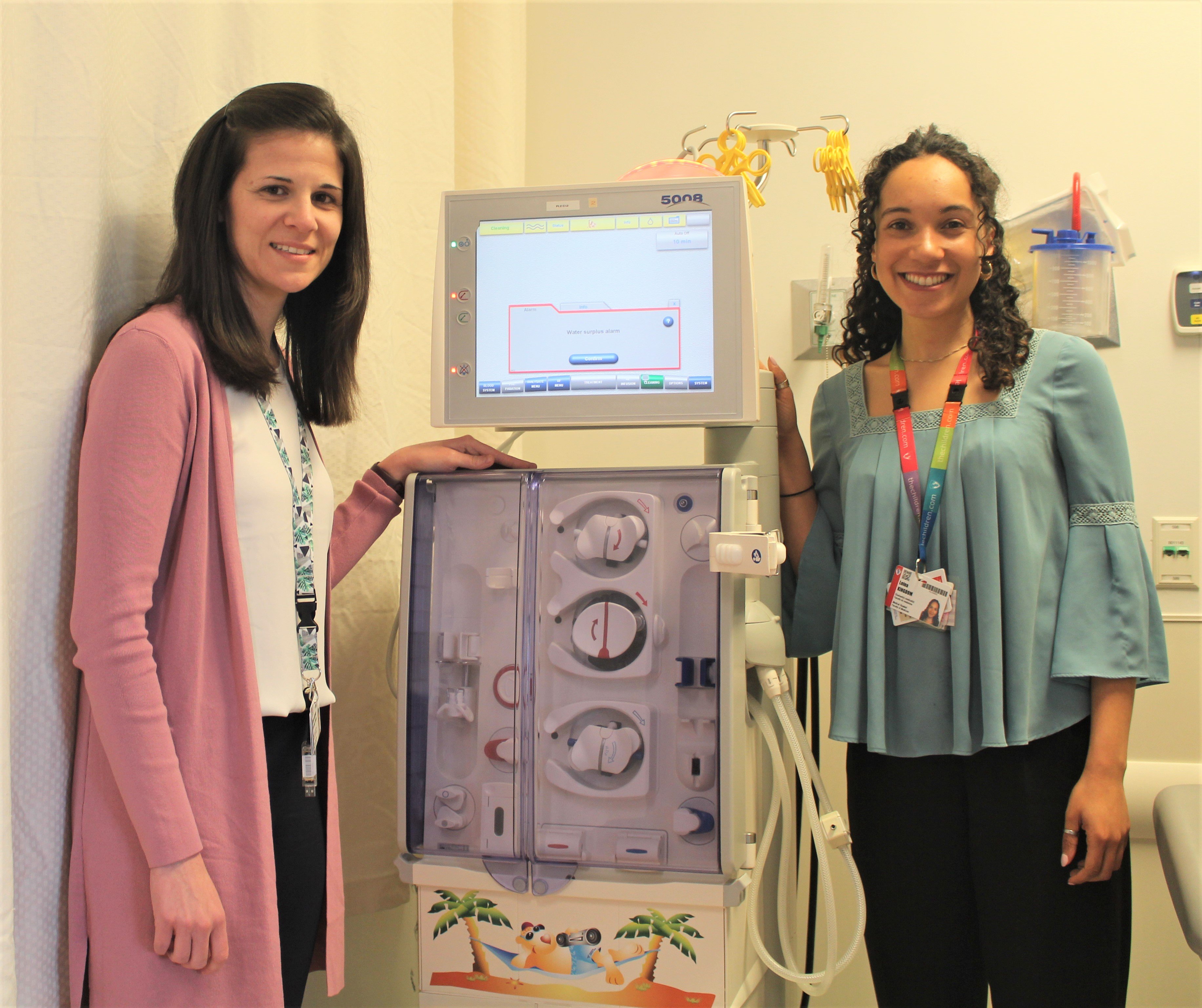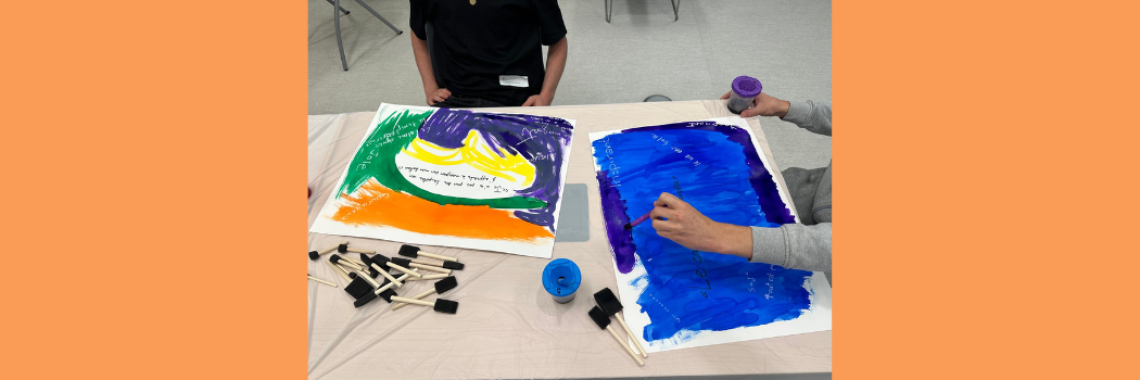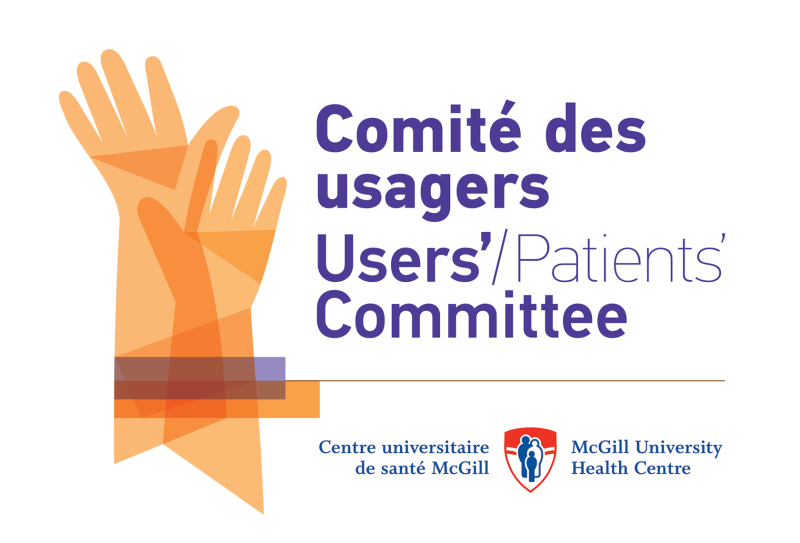

The Montreal Children’s Hospital’s approach to cardiac arrest care
9 January 2025
SUMMARY
The Montreal Children’s Hospital (MCH) is committed to providing compassionate, evidence-based care, emphasizing quality of life and family well-being. In cases of cardiac arrest with prolonged resuscitation, such as in drowning, survival is rare, and children often face severe brain damage, which may result in an unresponsive wakefulness syndrome (permanent vegetative state). When treating these patients, our multidisciplinary team follows strict protocols. Life support is initiated in all cases, and advanced assessments are conducted to guide care decisions. Treatments are adapted as symptoms like seizures or breathing difficulties evolve. When meaningful recovery of brain functions is deemed unlikely, shifting the focus to ensuring comfort and reducing suffering is recommended. Families are supported with options, such as for second opinions or transfers if desired. Discussions about organ donation, managed by Transplant Québec, occur only when death is inevitable and never influence patient care. The MCH remains committed to the highest standards of medical practice and transparency during these difficult circumstances.
Please, see more details below.
The Montreal Children’s Hospital (MCH) is committed to the well-being of its patients and their families. Family-centered care is a core value of our hospital. First and foremost, our thoughts are with this family and with any family whose child has tragically suffered a devastating and catastrophic brain injury.
To respect the confidentiality and privacy of our patients and their families, it is not possible for us to comment on individual cases. However, we want to reassure the public that the care provided at the MCH is based on the best and most current medical practices. Our multidisciplinary team of experts evaluate all our patients using a holistic approach in which not only medical aspects are considered, but also the impact of medical decisions on our patients’ quality of life and on their families.
In general, there is little hope for the survival of a child whose heart stops beating outside the hospital and who arrives at the hospital without a heartbeat after prolonged cardiopulmonary resuscitation. This can happen in cases such as drowning. The usual outcome is either death or survival in an unresponsive wakefulness syndrome (permanent vegetative state).
Without oxygen, the brain becomes irreversibly injured, resulting in the inability to connect to the world around them. This may include the inability to see, hear, feed, think, learn, move intentionally and interact with people and the environment. Some of these patients can often still breathe without the help of machines.
At the MCH, we follow the highest standards of practice. When treating patients who have had a cardiac arrest, these standards include:
- Initially, life support interventions are used in an attempt to save life in all cases.
- Our multidisciplinary team of experts do a comprehensive assessment of patients with the use of the latest techniques and observation over time to establish a prognosis of brain function.
- Our medical team manages the complications that happen with a severe brain injury, like seizures, breathing problems, uncontrolled rigidity or weakness of muscles, to name a few. These symptoms can change over time and the treatment is adapted to the changing situation.
- If there are no chances of meaningful recovery of brain functions after an extended period of intensive treatment, we will recommend focusing on the patient’s comfort and reducing suffering.
- If families wish to continue life support despite medical advice or wish to use experimental treatments that are not recommended, we offer the option of a second medical opinion and/or a potential transfer to another hospital.
- In Québec, the responsibility for organ donation is managed by Transplant Québec and not by the treating medical teams. At the MCH, we don’t ask families if they would be interested in meeting with a Transplant Québec representative or talk about organ donation before death is inevitable. Most importantly, this never influences the care we provide to our patients and their families, or the evaluation of the prognosis of a patient.
Hyperbaric oxygen is not recommended by international standards of care for the chronic treatment of oxygen deprivation brain injury after resuscitated cardiac arrest. The centres where it’s available are generally private, profit-based organizations.
In summary, the Montreal Children’s Hospital strives to deliver excellent care for all our patients and their families. We do that with respect, empathy and compassion. In addition, we foster relationships with our patients that are based on transparency and accountability. Embracing these values every day, and in each interaction, is the key to realizing our vision of exceptional and equitable care for all children.


